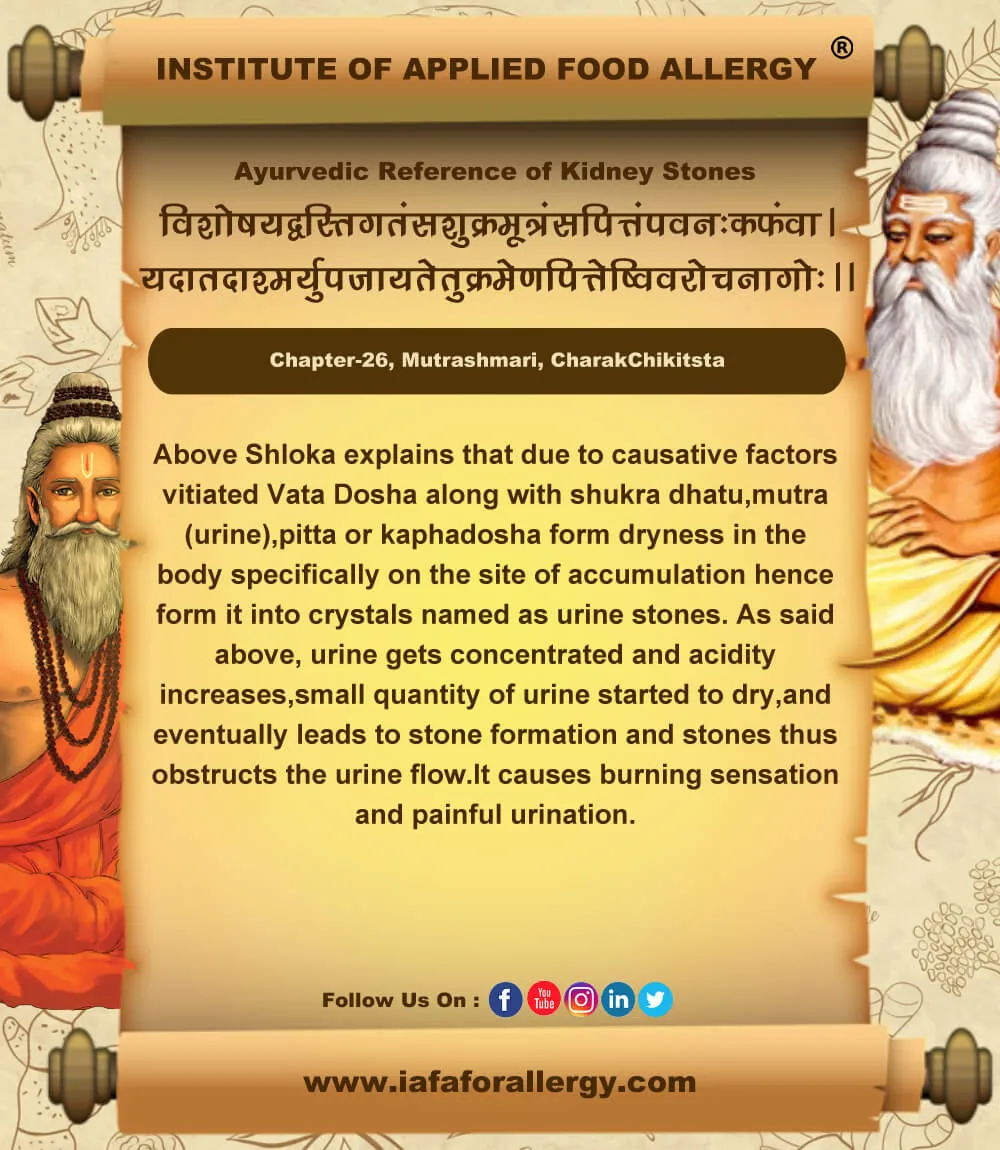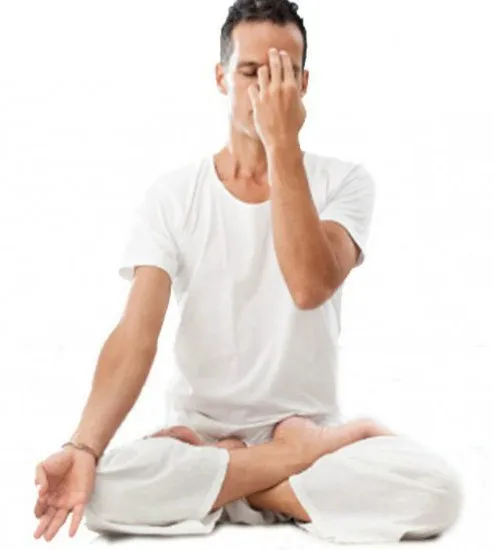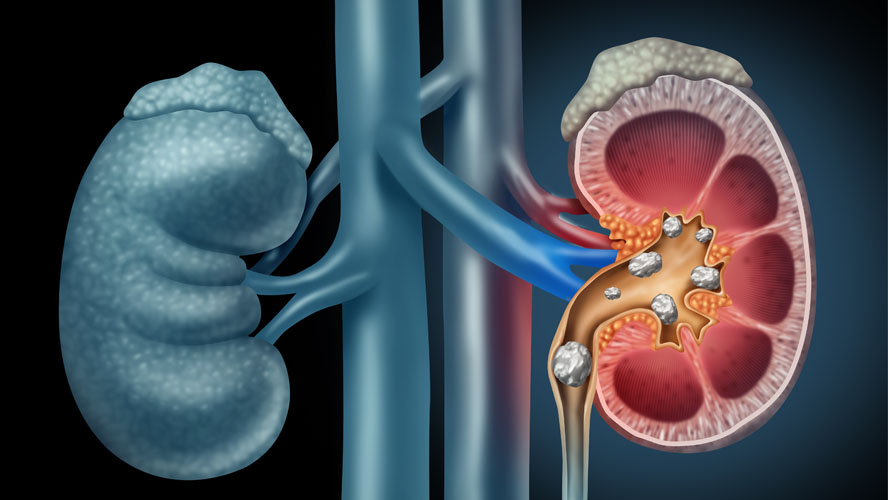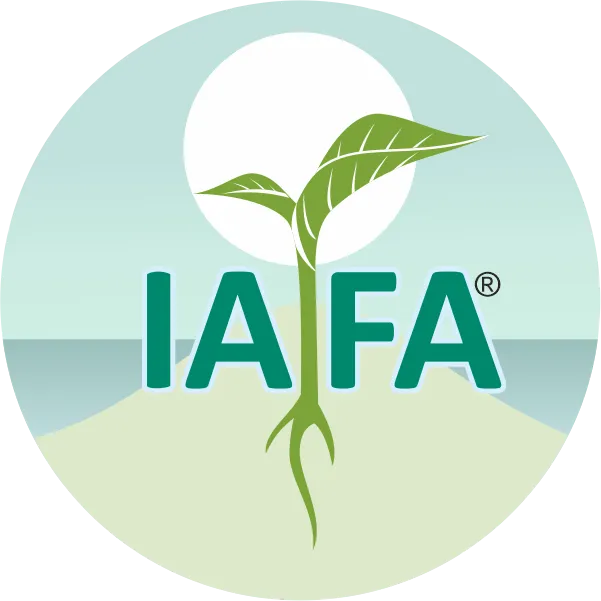Overview
Both kidney is mean to excrete fluid and waste from the blood in the form of urine. Sometimes when too much of certain wastes in the body persist along with continuous dehydration, these wastes accumulate and stick together to form kidney stones. A small, hard deposits that form kidney stone and is often painful when passed through the urinary tract. Kidney stones are hard deposit mineral and acid salts that combined together in concentrated urine. A small kidney stone moves easily through urinary tract and may not have any symptoms and patients may never know that they had kidney stones. Kidney stones are often termed as urinary calculus. If stone is larger you may notice pain while urination, sharp pain in back and lower abdomen with nausea and vomiting.
Kidney Stones – According to the Sites
- Nephrolithiasis
- Kidney stones found in the kidneys
- Urolithiasis
- Kidney stones found in urinary tract, kidneys, urinary bladder
- Ureterolithiasis
- Kidney stones found in the ureter
- Cystolithiasis
- Kidney stones found in the urinary bladder
- Calyceal Calculi
- Kidney stones found in the minor or major calyces
Kidney Stones – As Per Ayurveda
In Ayurveda kidney stones or urinary calculus is explained as Mutraashmari. Mutra means urine and Ashmari means stone. Sudden pain in the flank which radiates from back to lower abdomen, pain during urination, reduced urine output, burning sensation or pain during urination, nausea, dark coloured urine, tiredness, fever, headache, blood in the urine are signs and symptoms of the Mutrashmari.
Types of Kidney Stones
- Calcium Stone: Most common type of kidney stone, made up of Calcium and Oxalate, but sometimes made up of Calcium and Phosphate also.
- Uric Acid Stones: When urine is too acidic in form,uric acid itself forms stones or with Calcium.
- Struvite Stones: This type of stones forms when certain type of urinary tract infection is there, in which bacteria produces Ammonia that builds up in urine This type Stones made up of Magnesium, Ammonium, Phosphate.
- Cystine Stones: A chemical made up by body naturally called cystine stone. It is rare and seen in people who have genetic disorder that causes cystine to leak from kidneys into the urine.
Ayurvedic Reference of Kidney Stones

Types of Kidney Stones or Mutrashmari – According to the Dosha Dominance
- Vataj Mutrashmari: In this type pain is excruciating, frequent urination but drop by drop, shivering, teeth biting, more stool, pain in genital area.
- Pittaj Mutrashmari: Burning sensation near bladder, sucking / drawing like pain, yellowish red colour urine, fever with chills.
- Kaphaj Mutrashmari: Heaviness, Pricking pain in the bladder, stiffness at the sites, whitish urine colour.
- Shukrashmari: Due to constant suppression of semen results in stones in men. Pain in the bladder, dysuria, scrotum swelling are the symptoms.
Causes of Kidney Stones or Mutrashmari
- Excessive intake of Salt, Spicy, Dry Food Items
- Unwholesome Diet
- Low Water Intake
- Overheating
- Indigestion
- Excessive Consumption of Non-vegetarian Food
- Suppression of Natural Urges
- Over exercise
- Sedentary Life
Signs and Symptoms of Kidney Stones or Mutrashmari
- Burning Sensation while urination
- Obstructed Urination
- Pain over naval, bladder back
- Excruciating Pain
- Nausea, Vomiting
- Fatigue, Fever
- Hematuria

“Dr. Gupta’s IAFA have successfully managing wide range of Kidney related conditions including stones with the help of Ayurveda. All the measures used by Institute of Applied Food Allergy® are completely natural friendly to add a safe healing to all our followers”.
Reach us and get cured naturally!!!
– Dr. Sahil Gupta (B.A.M.S., M.H.A.)
Ayurvedic Allergy Specialist
CEO & Founder of IAFA®
At last, Easier Kidney Stones Management

Trusted by
More than 90,000 Patients

Convenient
at-Home Treatments

9.2 / 10
Customer Satisfaction Score
Ayurvedic Treatment for Kidney Stones
Internal Medicines for Kidney Stones
- Chandraprabha Vati
- Gokshuradi Guggul
- Punarnava Kwath
- Punarnavasav
- Usheerasava
- Varunadi Kwath
Purification Therapy of Kidney Stones or Mutrashamri
Purification Therapy or Panchakarma is detoxification procedure and it has unique approach to the disease hence it is essential for the management of the disease.
- Snehan – Consuming medicated oil or Grita into the body. It improves blood circulation, relives stress, relaxes muscles and relieves pain.
Single Herbs for Kidney Stones or Mutrashmari
- Pashanbhed (Bergenia ciliata)
- Ushir (Vetiveria zizanioides)
- Gokshur (Tribulus Terrestris)
- Erand (Ricinus)
- Punarnava (Boerhavia diffusa)
- Chitrak (Plumbago zeylanica)
- Guggul (Commiphora wightil)
- Pathya (Cissampelos pareira)
- Shirish (Albizia lebbeck)
Committed to Holistic Healing through Alternative Medicine Since 2008
Diet Management in Kidney Stones or Mutrashmari
Do’s (Pathya): Consume Following:-
- Old Harvested Grains Wheat, Rice, Bajara
- Pulses
- Green Peas, Beans
- Bitter guard
- Sugar
- Green Chilies
- Ash gourd
- Indian Gooseberry
- Papaya, Mango
- Warm Water
- Coconut Water
- Buttermilk
- Alkaline Food items
Don’ts (Apathya): Avoid Following:-
- Milk, Milk Products
- Non-veg Food with bones
- Unwholesome Food Combinations
- Cabbage, Cauliflower, Tomatoes
- Excess of Dry, Astringent, Deep fried
- Heavy Exposure to the Breeze
- Heavy Exposure to the Sunlight
- Excess of Sexual Indulgence
- Suppression of Natural Urges
Yogasanas for Kidney Stones or Mutrashmari
Yogasanas helps in to stimulate the vital organs and stretching the body. Yoga helps in relieving symptoms like cramps, nausea, restlessness and helps to enhance kidney function. Practice Yogasanas Daily.
- Ushtra asana
- Uttanpadasana
- Pawanmuktasana
- Bhujangasana
- Dhanurasana
- Garudasana
- Ardha Matsendryasana

Frequently Asked Questions
Question. How do I know it’s a Kidney Stone pain?
Answer. One Kidney usually get affected in most conditions, Deep pain on one side of your back can be Kidney Stone pain.
Question. Is Kidney Stone pain worse at night?
Answer. Pain can worse at night or early hours of the morning.
Question. Does walking help to pass Kidney stone?
Answer. Exercise actually might promote Kidney Stone passing.
Question. What age do Kidney Stone occurs?
Answer. The highest risk occurs between the age 20 and 40,with a peak at age 30.
Question. Can Ayurveda cures Kidney Stone?
Answer. Yes, Classical Ayurveda preparations easily cures Kidney Stones.
Question. How can Ayurveda prevent Kidney Stones?
Answer. Yes, Ayurveda is the only medical science which has knowledge about how to prevent disease and how to cure disease.
Dr. Gupta’s IAFA have successfully managing wide range of Kidney related conditions including stones with the help of Ayurveda. All the measures used by Institute of Applied Food Allergy® are completely natural friendly to add a safe healing to all our followers.
Reach us and get cured naturally!!!










